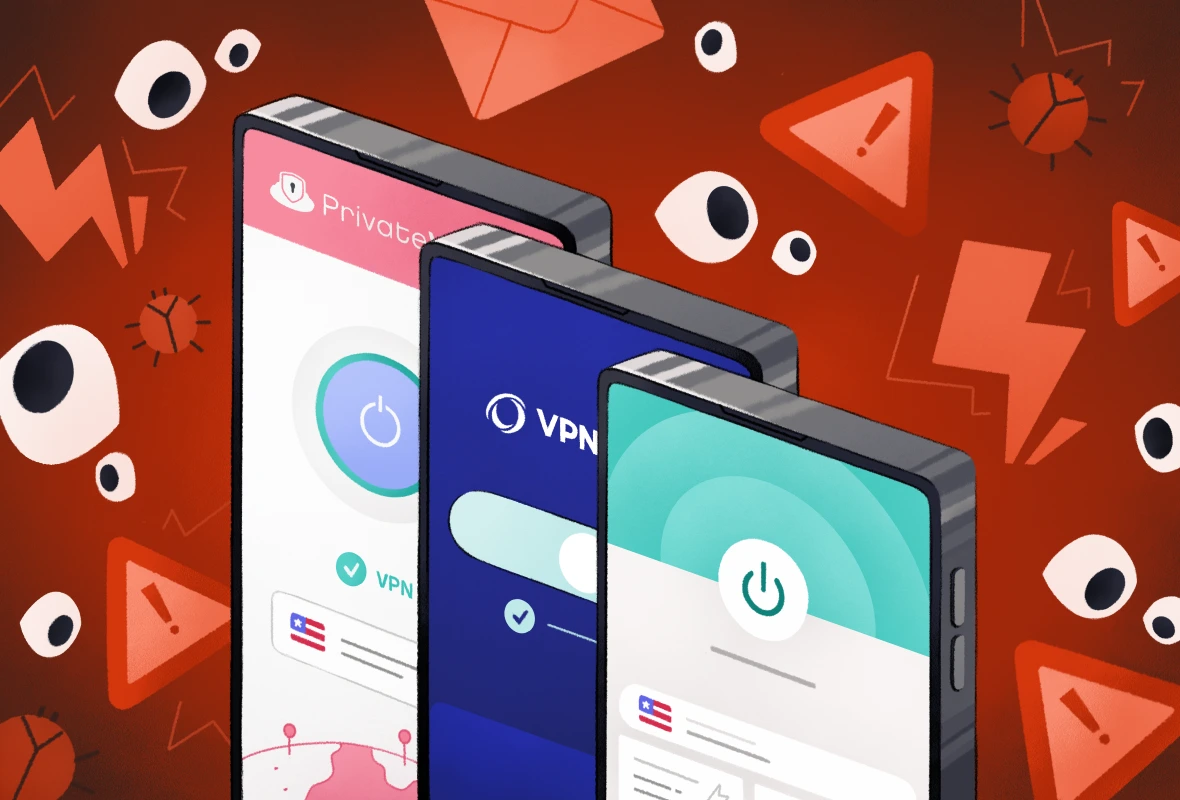Although VPNs are useful for enhancing your online privacy and security while using your smartphone or tablet, they come with some limitations.
There are many vulnerabilities inherent to iOS and Android that a VPN cannot prevent or mitigate against.
We’ve outlined the most notable security flaws and privacy risks associated with mobile, and why a VPN cannot prevent them, below:
1. Google’s Telemetry Data
Google collects large amounts of your personal data as part of its Telemetry whenever you use your Android phone. This includes your device’s IP address, serial number, and MAC address, which is more than enough to identify you.
As this happens at a device-based level, installing a VPN app onto your Android can’t prevent this.
In fact, it is impossible to disable Google’s Telemetry, but you can reduce how much of your browsing data it logs by completing the following steps:
- Open Chrome on your Android device.
- Click the overflow menu in the top-right corner. This menu is shown as three vertical dots next to the address bar.
- Find your privacy options. Tap Settings > Privacy and security.
- Enable “Do Not Track”. Tap Send a “Do Not Track” request and toggle the switch to On.
2. Android’s Open-Source OS
All Android devices run on an open-sourced operating system developed by Google. While this has many advantages, it also allows malicious third-parties to identify and exploit vulnerabilities in the source code.
This can allow hackers to gain access to your Android device and even take control of your smartphone.
For example, the National Vulnerability Database (NVD) identified an exploit on Google devices running Android 11 to 13. This allows a third-party to gain control over your Android device by simply running an application.
As this concerns Android’s source code, a VPN cannot be used to protect against this vulnerability.
3. iOS DNS Leaks
In 2020, Proton VPN’s team discovered that iOS 13.4 leaks DNS requests and causes Apple’s proprietary services to bypass active VPN tunnels.
These services include iCloud photo syncing, iMessage, and other services which contain sensitive personal data.
This is still an issue on the current version of iOS with no known fix.
























